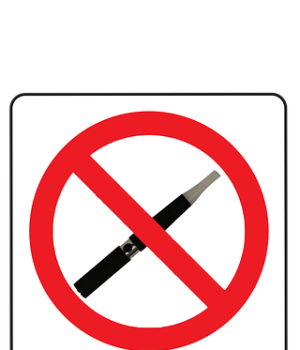
Back in August, the Council on Smoking and Health said government statistics have shown that teenagers in Hong Kong use the products more often than adults. Council chairman Henry Tong Sau-chai had added that the public at large agrees on a total ban of the products.” However, it has been almost three years since the policy address first announced a ban on alternative smoking products,” he said.
The councilman added that health risks associated with the use of heated tobacco products (HTPs) have been proven by scientists worldwide. However, he failed to add that countless independent studies have shown that they are substantially safer than regular cigarettes.
Subsequently, Hong Kong’s largest party, the Democratic Alliance for the Betterment and Progress (DAB), has also voiced its support for the measure. DAB member and chairman of the Bills Committee on Smoking, Wong Ting-kwong, said he has been asked to host a meeting so that the government can finalize its stance and decide on whether or not to ban the products.
Hong Kong should take note Australia’s lack of success
Smoking rates in Australia have risen by over 21,000 to 2.4 million between 2013 and 2016. “For the first time ever, there has been no statistically significant reduction in the smoking rate, and an increase in the number of smokers in Australia,” said renowned public health Colin Mendelsohn back in 2017.
The public health expert who is an advocate for the use of safer nicotine alternatives for harm reduction, pointed out that clearly the “punitive and coercive” approach that the country has adopted, is not working. Supporting his arguments, is data from the UK, where the opposite approach has been adopted and smoking rates have reached an all time low.
To this effect, says the article on the Post, while vaping may not be the ideal way to quit smoking, discarding it when it may be the most effective method to do so, is nonsensical. “Vaping nicotine is one of the most effective means of quitting smoking. It’s not perfect – not consuming nicotine at all is preferable – but it is vastly safer than inhaling smoke into the lungs. It is not the nicotine that causes lung and heart disease, but the thousands of other chemicals in smoke.”
Read Further: The Standard







